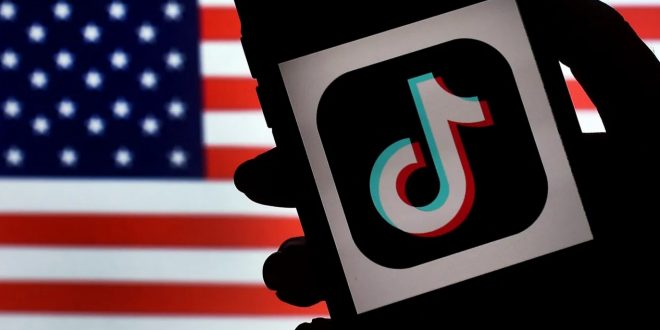New York City is the latest city to ban TikTok to prevent Chinese security threats.
The Verge reported the immediate ban, which requires agencies to remove the app from city-owned hardware within 30 days. NYC Cyber Command, which tracks cyber threats for the NYC Office of Technology and Innovation, recommended the ban after a security review.
New York also banned TikTok on government devices in 2020. Other states have banned in recent years include New Jersey, Ohio, Texas, and Georgia.
The U.S. House banned TikTok on government devices in December. The Biden administration increased its pressure on TikTok this year to force it to sell to China.
TikTok CEO Shou Zi Chew testified before Congress for five hours in March over concerns that China could use the app to compromise national security. TikTok is owned by ByteDance, a Chinese tech giant, unlike other U.S. social media companies.
“Let me state this unequivocally: ByteDance is not an agent of China or any other country,” Chew began.
Montana governor Greg Gianforte signed a TikTok ban in May, effective 2024. The state-level ban would restrict access to the popular app for all users, not just government-issued devices.
TikTok sued to keep the app for Montanans. Tech industry groups NetChoice and Chamber of Progress supported TikTok’s lawsuit to block the ban this month, arguing that “Montana’s effort to cut Montanans off from the global network of TikTok users ignores and undermines the structure, design, and purpose of the internet.”
Though it wasn’t announced, TikTok is funding a separate lawsuit by creators opposing the Montana ban.
The U.S. and other bans cite nonspecific security concerns about ByteDance, TikTok’s Chinese parent company. There is no evidence that Beijing has used the popular social app for spying, but it is possible.
Private companies in China are heavily influenced. The government has taken stakes in private companies and shaped their boards to influence decision-making. China strongly opposes a forced sale of the company, which it could block due to late 2020 export rule changes.
While TikTok has gone on a U.S. PR charm offensive and changed how it stores user data, its past mistakes haunt it.
TikTok reported last year that ByteDance employees tracked journalists’ IP addresses through the app to prevent internal leaks. Four ByteDance employees were fired, but the incident was a black eye for a company seeking international regulator trust.
Those mistakes and TikTok’s Chinese ownership don’t prove anything. China has other ways to spy on Americans, including obtaining social media data, including deep location databases, from shady app data brokers. Chinese hackers exploited vulnerabilities in Microsoft’s cloud email service earlier this year to compromise a large number of U.S. government accounts, regardless of how TikTok looks.
 Tech Gadget Central Latest Tech News and Reviews
Tech Gadget Central Latest Tech News and Reviews




